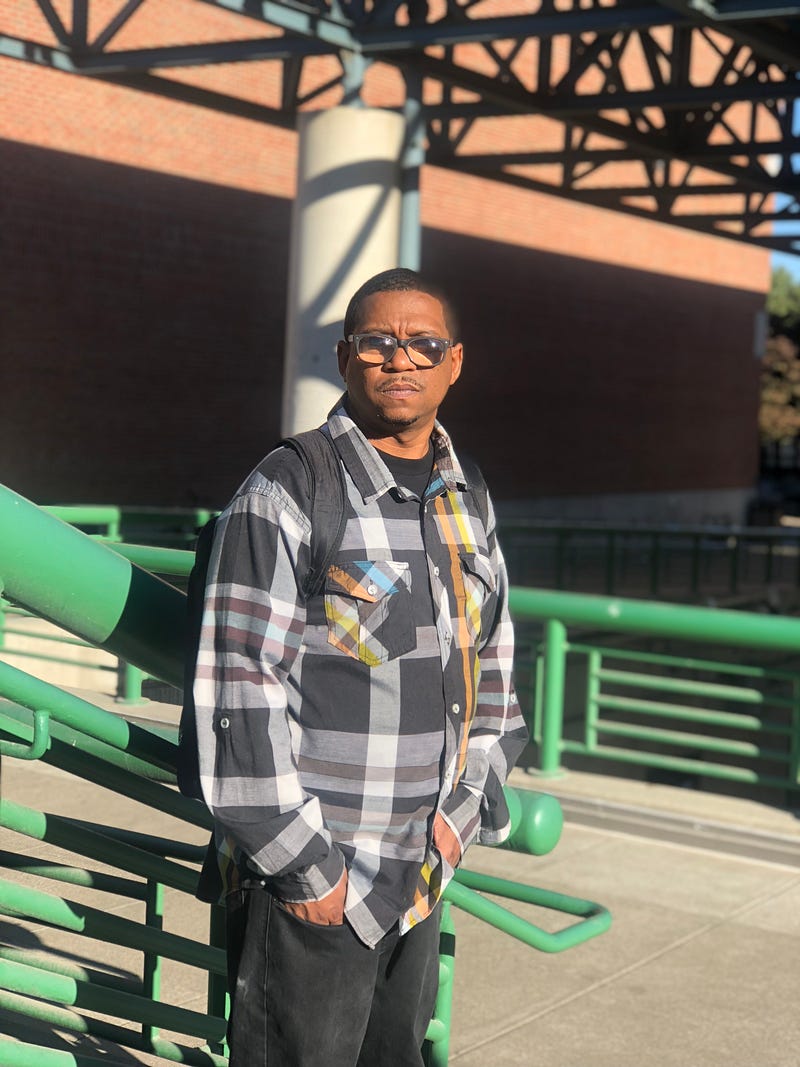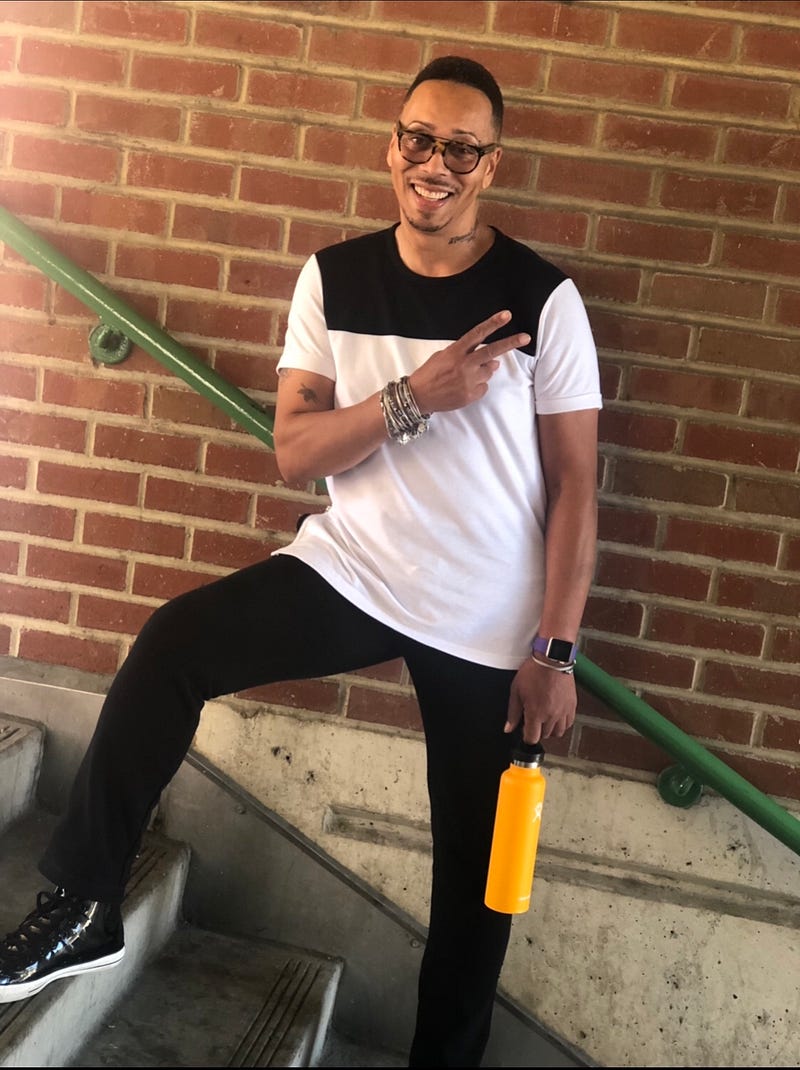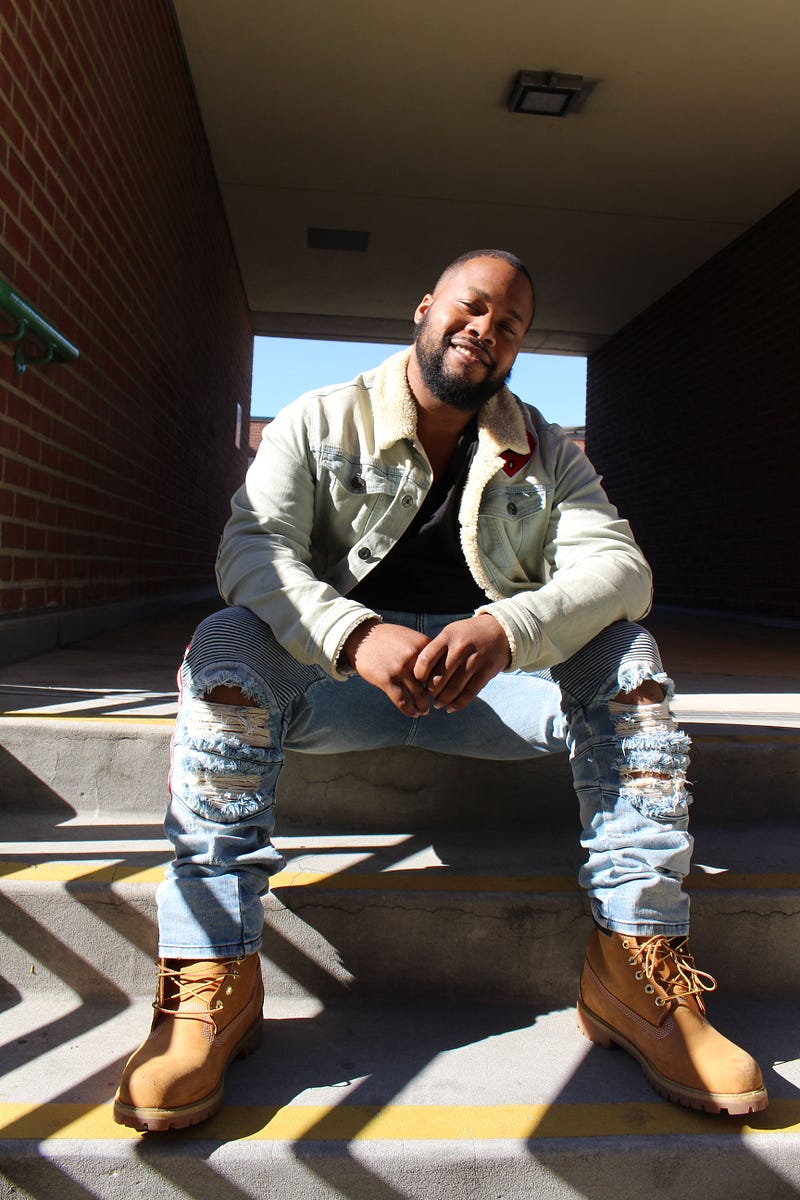Geremy Lowe, Staff Writer

Prentiss Mayo is a political science major at Laney who has suffered the grueling reality of homelessness in Oakland. During his time without secure housing, Mayo dealt with drug addiction and imprisonment.
His own experience causes him to be concerned with youth that are victims of the housing crisis.
“These young people would wear the same clothes every day,” Mayo said. “The common phrase of ‘I’m struggling, too.’ was prevalent in the conversations we would have.”
Now living in a subsidized apartment near downtown Oakland, Mayo reflected on the many moments when he did not know where he would lay his head. Mayo even had part-time custody of his daughter, and his housing situation affected her, too.
“There were times I slept in abandoned houses,” Mayo said. “I did not always want my daughter to be there, but I protected her.”
The conflict between being a father and dealing with the emotional and physical strain of homelessness took a toll on his relationships with some of the other homeless people he would interact with.
Being homeless made Mayo vulnerable to those around him. Stereotypes of the homeless population were inhumane and presented a lot of false rhetoric, Mayo said.
He experienced feelings of embarrassment and at times felt abandoned by his former community.
“Affordable Housing is only for those who can afford it,” Mayo said. “The motto needs to be ‘people before profit’.”
Mayo believes that if individuals displayed more empathy for the homeless, there could be a margin for change.

Anthony Stingley is a student in the hospitality and restaurant management program at Laney and has been a resident of Oakland for 34 years. He has seen the drastic changes this city has faced in the last ten years.
“This housing crisis means displacement,” Stingley said. “Residents cannot maintain a decent quality of life. The anxiety and fear of being priced out of the market is something that is very concerning.”
Due to past health challenges, Stingley has been categorized with permanent disability. He is apprehensive about the turning pages of this chapter of Oakland. He feels that people with disabilities should not feel that their living situation could one day be nonexistent.
“Affordable housing should provide security to those most at risk,” Stingley said. “This movement creates insecurity even for the working class.” The area between downtown and Lake Merritt, where Anthony lives, has been hit hard with non-affordable housing.
Stingley mentioned how his landlords continue to be fair to their tenants living under rent control laws. He knows that the changes are coming but feels blessed that the owners of the property have not taken part in the gentrification around Lake Merritt.
“Oakland can allocate more funds and resources towards solving homelessness,” Stingley said. “The pursuit of secure housing is a right for all people.”

Terrance Williams is a communications major at Laney. A Bay Area native, Williams has seen the housing crisis first-hand from San Francisco to Oakland. Williams is currently homeless.
“I was a foster youth from the age of 14 to 18,” Williams said. “Sleeping in unfamiliar places has been a part of my life.”
He has spent time in shelters, where rules and regulations are strict, and he never felt insecure there.
“Sleeping in a warm place on a mattress made me feel secure,” he said. Whether couch surfing or sleeping in his car, Williams feels that fear is not one of his main concerns.
Williams has plenty of other things to worry about — he is also unemployed. However, he volunteers as a student leader for Umoja-UBAKA and would like the opportunity to establish a form of income.
“Support services from the government are necessary,” Williams said. “It’s hard to keep a job when you’re sleeping on the street.”
Homeless stereotypes plague the minds of employers, which makes it hard to work, he said.
Despite all of this, Williams has been working towards transferring to Morehouse College or Howard University. He wants to use his experience to support others suffering from homelessness like he does.
“I’ve been sleeping in my car,” Williams said. “Thankfully, I was approved for residency at the Tiny Home Village.”
People with homes should advocate for those without them, he said, and believes that advocacy can accomplish more than what just money can.

























